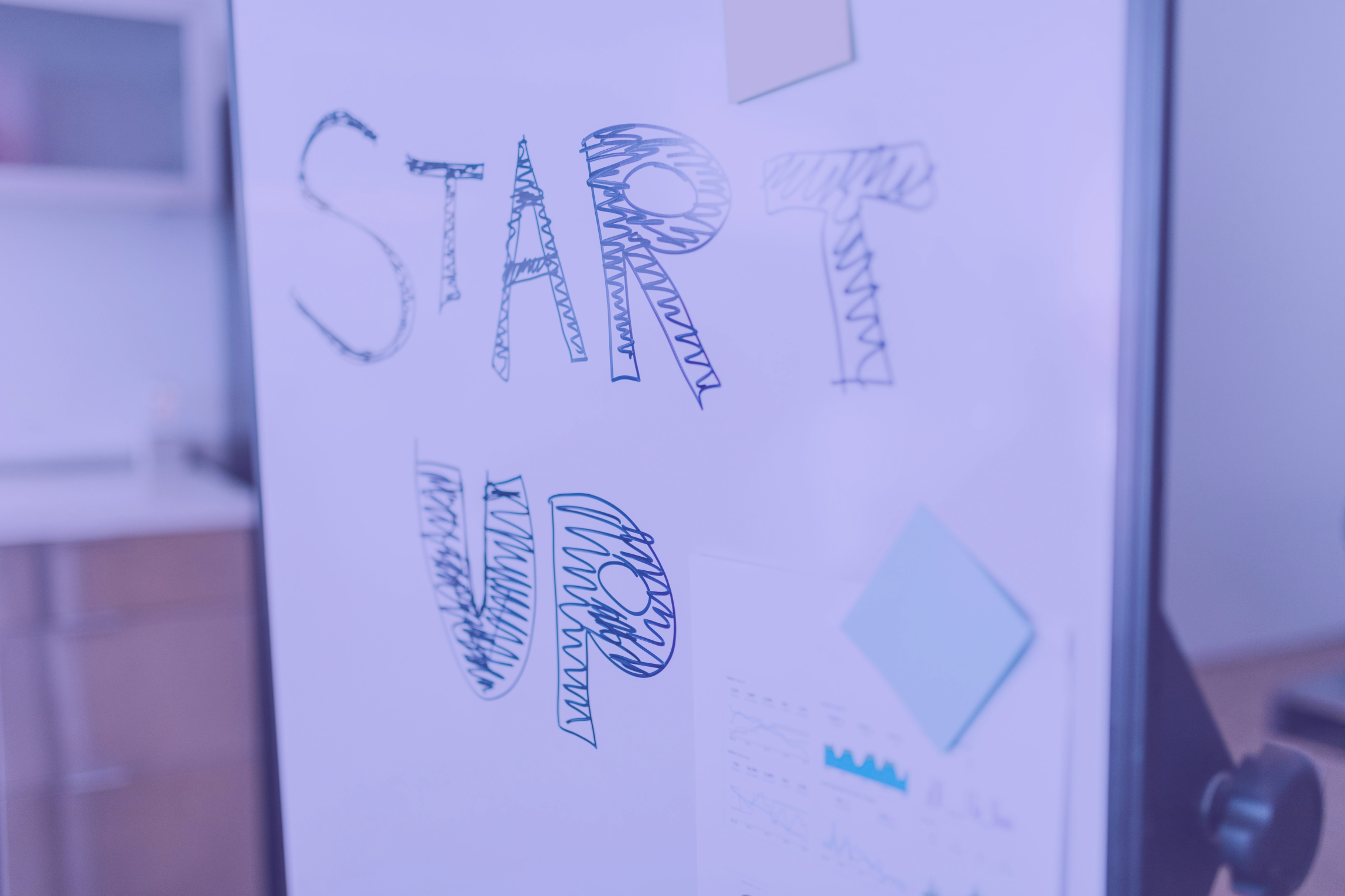
The Consultant Advantage: Boosting Your Startup Success
In the complex ecosystem of EU public funding, having the right guide can make all the difference between success and disappointment. Just as experienced mountain guides help climbers navigate treacherous terrain, grant consultants provide expertise that dramatically improves your chances of securing valuable non-dilutive capital. Let's explore why partnering with funding specialists delivers such a significant advantage in the competitive landscape of EU grants.
The Measurable Impact of Expert Guidance
The numbers tell a compelling story: our research with European startups reveals that working with specialized consultants increases grant success rates by 30-40% on average. This dramatic improvement stems from consultants' ability to provide:
Strategic Alignment: Identifying funding opportunities that perfectly match your innovation's strengths and the EU's strategic priorities.
Application Expertise: Translating technical innovations into compelling narratives that resonate with evaluators.
Timeline Management: Navigating complex submission requirements and ensuring no critical deadlines are missed.
Budget Optimization: Structuring financial plans that maximize funding potential while maintaining compliance with program rules.
Compliance Assurance: Ensuring all regulatory and reporting requirements are meticulously addressed.
Navigating the Complex Terrain of EU Funding
The landscape of EU funding requires specialized knowledge and a deep understanding of numerous programs, regulations, and application processes. Grant consultants bring valuable expertise in navigating this intricate ecosystem:
Program-Specific Knowledge: Consultants understand the nuanced differences between funding instruments, helping you target the most appropriate opportunities.
Strategic Insight: They possess comprehensive knowledge of EU institutions and the broader funding ecosystem, understanding the strategic orientations of EU policies.
Network Access: Established consultants know the right individuals and bodies to engage with, facilitating connections that can strengthen applications.
Sector Specialization: Many consultants focus on specific sectors or funding types, staying current with the latest developments, news, and priorities in those areas.
This expertise becomes particularly valuable when responding to "calls for proposals"—the formal solicitations through which most EU grants are awarded. Consultants understand how to decode these calls, identifying both the explicit requirements and the implicit priorities that influence evaluation.
Maximizing Application Quality and Impact
With acceptance rates for popular EU funding programs often falling below 5%, positioning your project as competitive, compelling, and impactful is crucial. Consultants leverage their experience to help applicants achieve this by:
Opportunity Mapping: Identifying potential EU public grants and private loan opportunities that match your specific innovation profile.
Eligibility Assessment: Analyzing your project against available funding criteria to ensure perfect alignment.
Application Drafting: Skillfully crafting proposals tailored to the specific requirements of each call, emphasizing elements that evaluators prioritize.
Consortium Building: For collaborative grants, helping build and manage international partnerships that strengthen your application.
Critical Review: Providing objective assessment to identify weaknesses before submission, significantly improving quality.
The difference between a funded and rejected proposal often comes down to how effectively the innovation's value is communicated. Technical brilliance isn't enough—you need to demonstrate alignment with EU strategic objectives and convincingly articulate the potential impact.
The Power of Strong Consortia
For many EU funding programs, particularly under Horizon Europe, forming strong international consortia isn't optional—it's fundamental. Grant consultants provide invaluable assistance in this complex process by:
Partner Identification: Helping startups find collaborators from different countries with complementary expertise and capabilities.
Communication Facilitation: Ensuring effective dialogue between prospective partners and development of a shared vision.
Balance Management: Creating consortia that meet diverse criteria regarding company size, geographic distribution, and role allocation.
Contribution Coordination: Organizing matchmaking meetings, supporting partner profile development, and ensuring each member contributes effectively to the overall proposal.
This expertise in consortium building becomes particularly valuable when different partners must navigate varying national requirements regarding eligible costs, match funding, and reporting obligations.
Preserving Your Focus on Core Business
Perhaps one of the most significant advantages of engaging with grant consultants is the opportunity cost they help you avoid. The EU grant application process is notoriously labor-intensive and time-consuming, often diverting crucial resources away from a startup's core activities, such as product development and market entry.
Consultants specialize in managing the entire grant lifecycle, from identifying suitable opportunities to preparing applications and handling post-award management. This allows your internal team to remain focused on what they do best—developing innovative solutions and growing your business.
Mitigating Compliance Risks
EU funding comes with rigorous compliance and reporting requirements. Mismanagement of these obligations can lead to funding clawbacks or even penalties. Experienced consultants help mitigate these risks by:
Establishing robust administrative structures from the outset. Providing guidance on documentation requirements and record-keeping. Assisting with periodic and final reports to meet EU standards. Supporting through potential audits by EU or national authorities.
This expertise in compliance and risk management ensures that your focus remains on execution rather than administrative burdens, while still maintaining full accountability for the funding received.
Choosing the Right Consultant Partner
Not all grant consultants offer the same value. When evaluating potential partners, consider these essential factors:
Sector-specific expertise: Look for consultants with a proven track record in your specific industry vertical.
Program-specific success rates: Request concrete data on their historical performance with funding programs relevant to your startup.
Technical understanding: Ensure they have sufficient technical literacy to accurately represent your innovation.
End-to-end capabilities: Determine whether they offer support throughout the entire grant lifecycle or only focus on specific stages.
Pricing structure: Compare fee models, including fixed fees, success-based compensation, and hybrid approaches.
At GrantHive, we connect grant seekers with consultants who have demonstrated success in specific sectors and funding programs, providing transparent information about their expertise and track record.
FAQ: Working with Grant Consultants
Q: What's the typical cost structure for grant consulting services?
A: Fees vary widely based on grant size, complexity, and consultant experience. Common structures include fixed fees ranging from €3,000-€15,000 for standard grants, success fees of 5-15% of awarded funding, or hybrid models with both components. Some consultants offer reduced upfront fees for startups, with higher success-based compensation.
Q: How early should I engage a consultant before a grant deadline?
A: Ideally, engage a consultant at least 8-12 weeks before the submission deadline for complex programs like Horizon Europe, and 4-6 weeks for more straightforward national grants. Starting earlier allows for strategic positioning and thorough preparation, significantly increasing success probability.
Q: Can I work with multiple consultants for different grants simultaneously?
A: Yes, this approach can be beneficial if different consultants have specialized expertise in specific programs. However, ensure you maintain consistent messaging about your core innovation and business model across applications, as reviewers sometimes serve on multiple evaluation committees.
The right consultant partnership transforms the complex grant application process into a strategic opportunity rather than an administrative burden. By selecting a partner whose expertise complements your innovation, you can significantly enhance your funding success while maintaining focus on your core business development.
